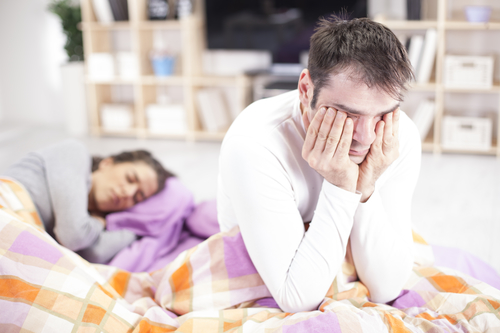Common Anxiety Symptoms and How You Can Ease Them
Anxiety symptoms can be alarming, especially when you don’t know the cause is anxiety and think it may be something else. Rapid or palpitating heartbeat, feeling dizzy and faint, shortness of breath – all of these can be alarming signs, but once you have been diagnosed with anxiety it is much easier to accept these symptoms and take measures to control them.
Most Common Anxiety Symptoms
As with anything, always check with a doctor to make sure that your symptoms are in fact caused by anxiety and not something else. Many anxiety symptoms mimic serious ailments.
- Rapid Heart Rate
- Elevated Blood Pressure
- Chest Pain
- Facial Flushing
- Dizziness and Lightheadedness
- Inability to think clearly
- Trouble Swallowing
- Shortness of Breath
Pushing Through Anxiety Symptoms
Once you confirm with your doctor that anxiety is at the root of the issue, it is much easier to deal with your symptoms. Many medications can help alleviate your symptoms. Depending on the severity, you can either take a daily medicine like Lexapro, Paxil, or Prozac that works over time, or you can take medicine like Xanax or Klonopin on an as-needed basis. The as-needed medicines can be habit-forming, so it is important to exercise caution with these.
 Your Lifestyle Can Impact Anxiety Symptoms
Your Lifestyle Can Impact Anxiety Symptoms
There are certain lifestyle factors that can help your anxiety symptoms. In short, maintaining a healthy lifestyle helps to keep your body regulated and anxiety at a minimum.
- Eat a healthy, well-balanced diet
- Get at least seven hours of sleep per night
- Avoid Alcohol
- Exercise for a minimum of 30 minutes five days a week
- Avoid caffeine
Anxiety can take a large toll on your well-being, so it is important to identify and manage your symptoms before they get out of hand. Talk to your doctor about starting a program to help alleviate your problems!







